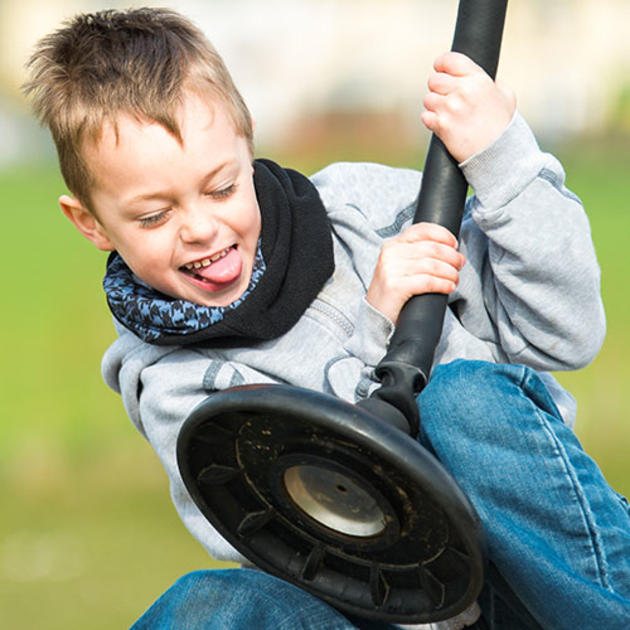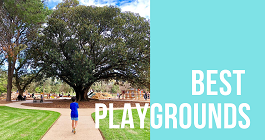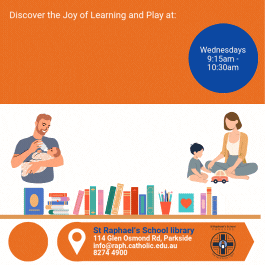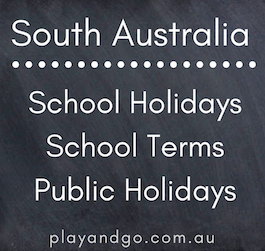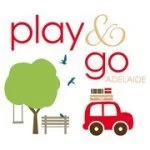Self-regulation for kids: at home, at school with autism
As every teacher will assert, self-regulation is the key to optimal learning; it helps kids tune in, stay focussed and be ready to learn. But what if your child isn’t wired this way? For many children, self-regulation is hard to master, but for kids on the autism spectrum, it can seem insurmountable, singling them out and creating barriers to their learning.
Now, occupational therapy and paediatric experts at the University of South Australia are working to ensure all children have the best opportunities to succeed at school, through a new research project that will deliver best practices to support school-aged children to self-regulate in class.
Autism is a lifelong developmental disorder which affects how a person communicates, behaves and relates to other people. Globally, one in 160 children has an autism spectrum disorder, with current ABS statistics recording more than 205,200 Australians with the condition.
Experienced occupational therapist and UniSA Masters of Research candidate, Judith Merritt says the new research hopes to generate inclusive knowledge that can be applied in all mainstream classrooms.
“Many programs that aim to help kids with self-regulation difficulties tend to do this outside of the classroom in order to provide support separately from their peers,” Merritt says.
“While this approach is provided with the best interests of the child, we believe that an integrated approach to self-regulation is far more beneficial, helping to strengthen self-regulation behaviours in the child’s familiar learning spaces.
“When kids miss out on what their class is doing, whether that be from not paying attention or through therapies and programs that are designed to help, the child still feels like they don’t fully belong. They’re still separated from their friends and may struggle to re-join a class post a therapy session, and this is particularly common for kids with autism or ADHD.”
UniSA’s new research project will explore the self-regulation of all children in mainstream classrooms, including those with ASD and other learning difficulties. It will assess the impact of self-regulation issues, teacher preparedness to support children’s self-regulation, and any barriers to implementation. The end result will be documented strategies for teachers and facilitators to use in their classrooms.
Considering the COVID-19 Situation:
With face-to-face classroom education on hold for the unforeseeable future, UniSA colleague and paediatric expert, Dr Kobie Boshoff says parents of children with autism will face additional challenges as their child adjusts to life and school at home.
“Kids with autism tend to struggle with change, so the uncertainty presented by Covid-19 may make them feel even more anxious as they worry about the impact of the virus on themselves, their family and their friends,” Dr Boshoff says.
“This disruption to normal routines, such as not going to school and lack of normal face-to-face support from therapy providers will add to their apprehension and this in turn makes them less likely to focus or learn well.”
Recommendations for parents as they navigate home schooling:
Explain the situation but stay positive: use clear language and perhaps a social story to explain the virus and social isolation. Talk about feelings – yours and your child’s – but be hopeful and positive to reassure your child and allay any concerns.
Manage your expectations: you’re (probably) not a teacher so don’t expect to keep your child engaged with learning for seven lessons a day, five days a week. Keeping connected with school and doing some learning activities is a clear win in this unique situation.
Set up a routine: a balanced routine that includes learning, self-care activities (eating, drinking, exercise, rest) and leisure (playing, doing fun things) will help your child understand their new daily schedule.
Create a ‘Goldilocks’ learning space: not too distracting, not too boring, a just-right learning space for your child is a must-have. This may be away from the living room where the main screen is, or in a quiet corner of the house.
Expect the fidgets: some children need to fiddle, wriggle or make sounds to help them focus – don’t expect them to sit perfectly still and quiet for their home activities. A break to do some ‘heavy work’ (jumping, pushing, pulling) before refocusing on tabletop activities can help.
Problem solve with empathy and logic: when your child becomes frustrated validate their feelings and try to logically solve the problem together (“I see you’re cross because the pencil broke, and you were nearly finished your sheet. I wonder if you were pressing too hard? What can we do now?”)
Connect with teachers: working with teachers and online service providers will help you and your child to stay in touch with classmates and families and gain valuable support.
Give specific and positive reinforcement: specific acknowledgement of a job well done can help boost your child’s self-esteem and see returns from their hard efforts (“You did that whole page, great work!”). Also use first-then strategies (“First do a page of your workbook by yourself, then we can go on the trampoline outside together”) this will help with your child’s motivation.
For more information and all enquiries please visit the UniSA website here
What: Self-regulation for kids: at home, at school with autism
When: World Autism Day Thursday 2 April 2020
Where: At Home
Who: Children with autism
At Play & Go Adelaide we make every effort to provide accurate information to the best of our knowledge at the time of publication. We recommend confirming times, dates and details directly before making any plans as details may be subject to change.
Image Source: UniSA website
SUBSCRIBE
Want to get all the latest events and activities straight to your inbox?
Subscribe to our weekly email newsletter below to keep up to date with our latest posts and find out all the best events & activities for Adelaide families. Newsletters are only sent once a week, and you may sometimes get a special offer exclusively for our subscribers only!


